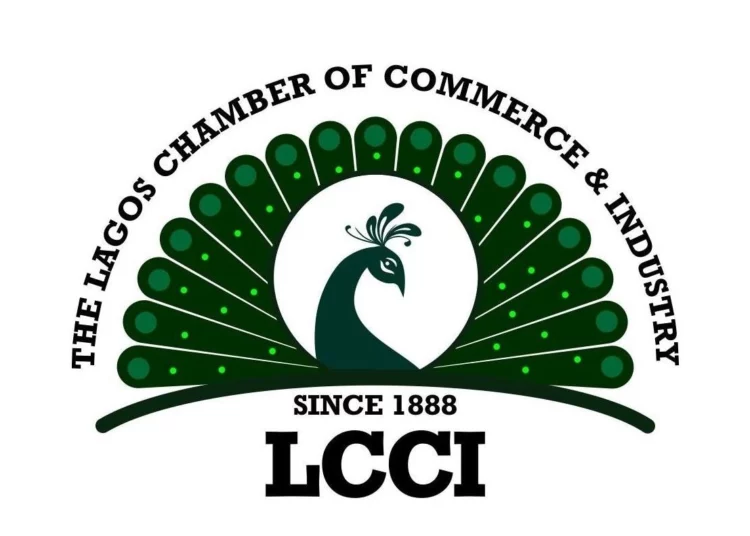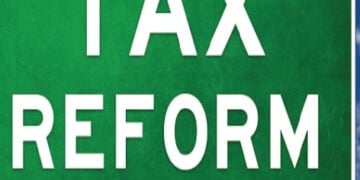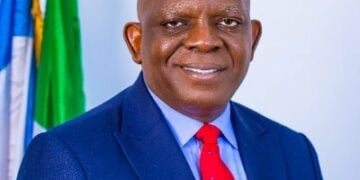The Lagos Chamber of Commerce and Industry (LCCI) said, the economy will end current year 2022 in a positive growth territory within the region of three per cent and four percent.
The chamber stated this at its 134th annual general meeting (AGM) held in Lagos.
Speaking, the president of LCCI, Dr. Michael Olawale-Cole said, this is despite the worsening security challenges in some parts of the country, forex scarcity, and high energy costs.
He noted that, achieving faster recovery requires the fiscal and monetary sides of the economy to promote growth-enhancing and confidence-building policies that would encourage private capital flows to the economy.
“Fiscal and monetary authorities must develop a medium-term growth plan anchored on boosting local production, supporting ease of doing business, attracting private investment, developing physical and soft infrastructure, business-friendly regulatory policies, economic diversification, and employment generation among others,” he pointed out.
He noted that, year 2022 has been a historic one for the global and domestic economy, characterised significantly by trends of shocks and disruptions from the Russian-Ukraine war, climate change impacts, and the lingering threats from the coronavirus pandemic, saying, all through the year, the world economy, including Nigeria, continued the battle with record high inflation rates, high energy costs, and supply chain disruptions.
Looking forward, Olawale-Cole stated that, factors such as; oil prices, oil production, output growth, inflation, foreign exchange stability, foreign capital inflows, credit to the private sector are expected to influence monetary policy decisions in the short to medium term.
On the fiscal side, he expected to see clear communications and actions on driving revenue for the government in the face of the twin burden of fuel subsidy and unsustainable debt profile.
LCCI’s president added that the record N20.5 trillion ($47.3 billion) proposed expenditure by the federal government to run the economy in 2023 reflects the huge needs that exist in critical sectors of the economy.
“The proposed budget, which is 19 per cent higher than the 2022 budget is expected to take effect from january 2023 to address economic growth, fiscal sustainability, and security.
“We are of the view that while nothing is wrong with the N10.78 trillion deficit, everything is wrong with the plan to issue N10.57 trillion (N8.8 trillion in new commercial loans and N1.77 trillion draw down on bilateral and multilateral loans) new loans to finance the deficit, at a time that we are already placed on the watch lists of some of our foreign bond holders,” he added.
He explained that, “it is the exclusive use of debt to finance deficits that got us into the situation where we cannot keep the revenue we are earning today, as we use the bulk of our revenue to settle interest payments, and it is increasingly not enough to cover the interest payments.
“In the 2022 year-to-april, the interest payments were more than the revenue, and it is most unlikely that the revenue will be more than interest payments in in the full-year 2022 or even in 2023.”





